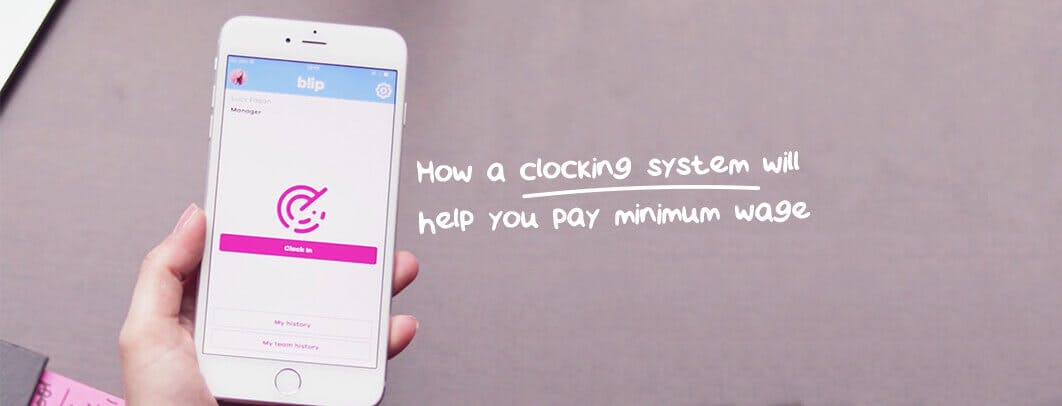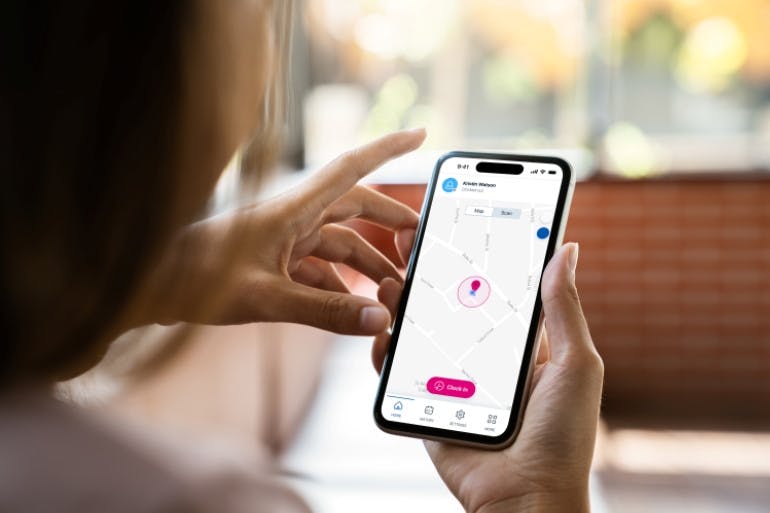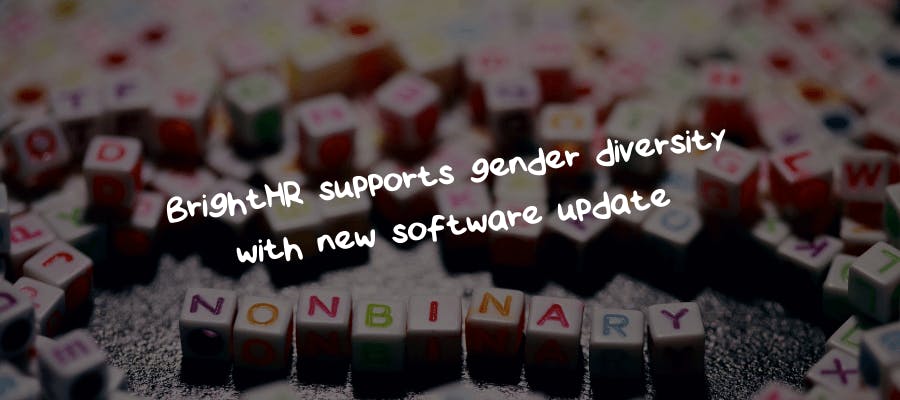First published on Thursday, August 13, 2020
Last updated on Tuesday, May 1, 2018
Wagamama, Marriott Hotels and TGI Fridays. Three companies that the government named and shamed for not paying the legal minimum wage.
Nearly 180 employers underpaid their minimum wage workers by £1.1 million, according to the 2018 report. And it isn’t just big companies on the list—small companies like yours are on there.
To make sure you don’t make it onto the next name and shame list, we explain how a clocking system will help.
What happens if I underpay my staff?
You probably aren’t aware if you’re paying your staff below the legal minimum wage. You might have made a mistake or forgotten to pay the new minimum wage rates from 1st April 2018.
But if you discover you aren’t paying the right amount, you must pay your staff what you owe them straight away. Use the national minimum wage calculator to work out what’s outstanding.
HMRC officers have a right to carry out checks at any time—so they might spot your mistake before you do. They’ll come to your business and ask for your payment records. Their visit might be unplanned or as a result of a worker’s complaint against you.
If HMRC finds that you’re not paying the correct minimum wage rates, you will:
- Pay up to 6 years of back pay to your staff (and former staff).
- Face fines of up to 200% of the total underpayment (capped at £20,000 per worker).
- Potentially find your name on the government’s name and shame list.
To give you an idea of how much you could pay, let’s look at what Wagamama—the worst offender—had to pay out.
The restaurant chain had to pay £133,212.42 to 2,630 workers—that’s an average of £50 per employee. The company also had to pay an undisclosed fine on top.
How will a clocking system help?
If HMRC officers inspect your business, it’s your responsibility to prove your staff’s work hours. A new clocking system will help you.
Blip is a mobile app for staff to use to clock in and out of work. You can use it to see who’s in work and when—wherever you are.
You can also export your staff’s work hours as data and save it as a spreadsheet. Referring to these spreadsheets will help to make sure you pay your staff the right wages.
It’ll also help you to see if your staff are working more than their contracted hours. While you might think this is good for your business, it could push your staff’s hourly wage below the minimum.
HMRC recommend that you keep records for 3 years—so make sure you store these spreadsheets in a safe place.
And that’s not all. Blip helps you to put your staff in control of logging their work hours, taking the pressure off you.
All BrightHR customers can get Blip for free now.
Not a BrightHR customer? Request a free demo today to see just how easy it is to manage your HR documents—and spreadsheets—in one place.






